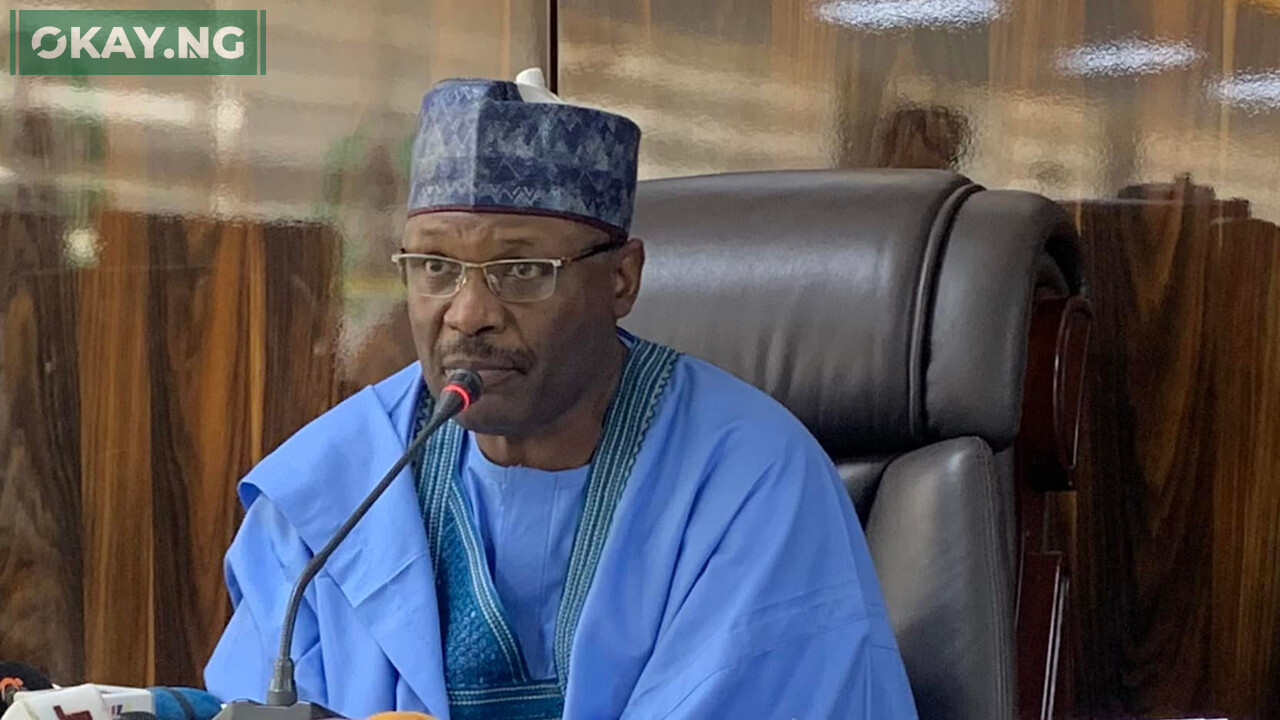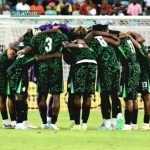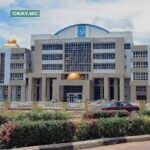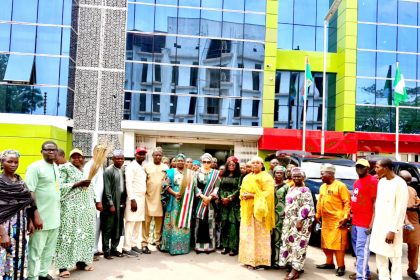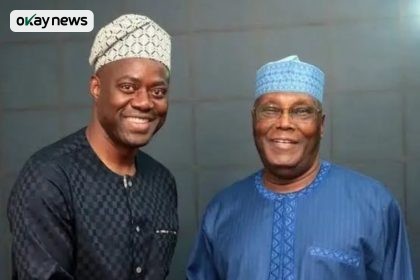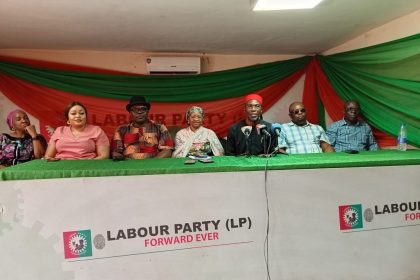The Chairman of the Independent National Electoral Commission (INEC), Professor Mahmood Yakubu, has sounded a stern warning over the unchecked rise of early political campaigns across the country, stressing that such practices pose a serious threat to the health of Nigeria’s democracy.
Speaking on Wednesday at a high-level roundtable convened at the Electoral Institute in Abuja, Professor Yakubu described early campaigning as a “disturbing trend” and a direct violation of Nigeria’s Electoral Act 2022.
Breach of Electoral Laws
According to Section 94(1) of the Electoral Act 2022, political campaigns are not permitted earlier than 150 days before the polling date and must end 24 hours before voting begins. However, Yakubu observed that politicians consistently ignore this rule.
“Political parties, candidates and their supporters seem to be perpetually in election mood even when the Electoral Commission is yet to release the timetable and schedule of activities for elections. Around the country, we have seen outdoor advertising, media campaigns and even rallies promoting various political parties and candidates,” he said.
Challenges in Enforcement
The INEC Chairman lamented that the Commission faces difficulty in monitoring campaign financing when campaigns begin prematurely.
“These actions and activities undermine the commission’s ability to track campaign finance limits as politicians, prospective candidates and third-party agents expend large amounts of money that cannot be effectively monitored before the official commencement of campaigns,” Yakubu explained.
Although Section 94(2) of the Electoral Act prescribes a maximum fine of ₦500,000 for campaigning within 24 hours of an election, there is no penalty for campaigning before the 150-day window. “Here lies the challenge for the commission in dealing with the early campaign,” he added.
Call for Legal Reforms
Professor Yakubu confirmed that the Commission has engaged the leadership of both the Senate and House of Representatives Committees on Electoral Matters to address these legal loopholes. He expressed optimism that ongoing electoral law reviews will lead to stronger sanctions and effective reforms.
“ I am confident that they will give due consideration to actionable recommendations by experts,” he said.
The session also featured contributions from the National Broadcasting Commission (NBC), the Advertising Regulatory Council of Nigeria (ARCON), and the Broadcasting Organisation of Nigeria (BON), all tasked with oversight roles in political messaging and advertising.
Early Campaigns and Political Tension
Observers note that early political activities are already intensifying ahead of the 2027 general election. Across several states, politicians are hosting empowerment programmes, constituency project launches, and rallies, which many say are thinly veiled campaigns.
Nigeria operates on a four-year electoral cycle, and such premature campaigning has historically worsened political rivalry and shifted focus away from governance.
okay.ng reports that this was also the case during the 2023 general elections, when political campaigns dominated public discourse months before INEC officially permitted campaign activities.


